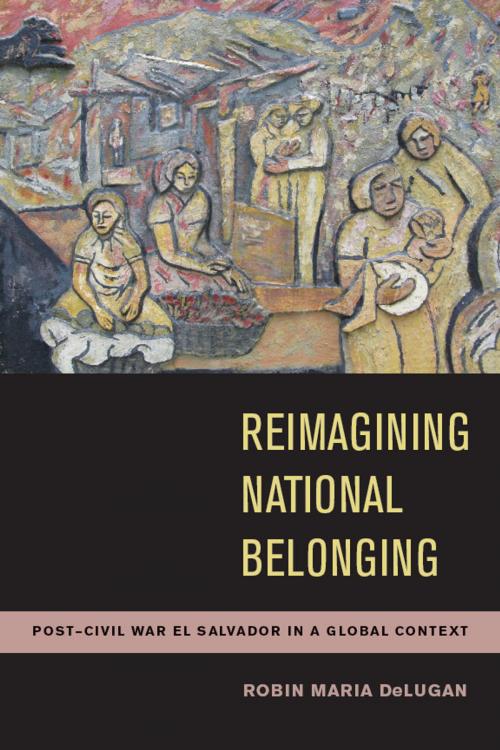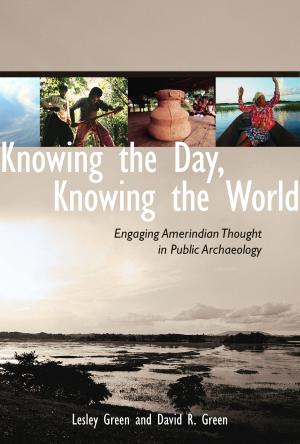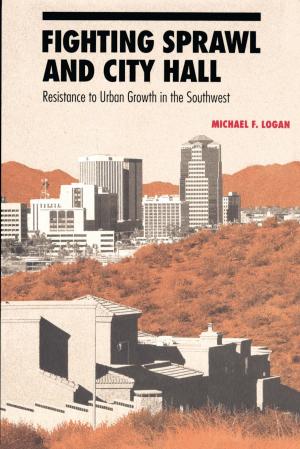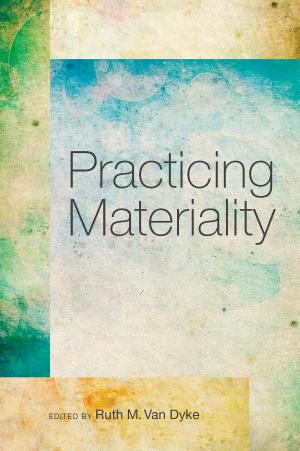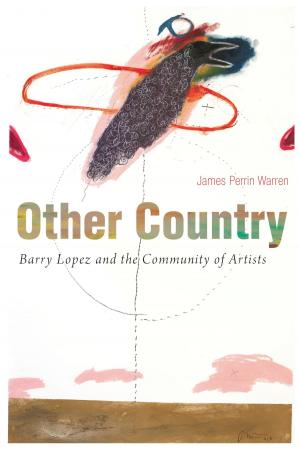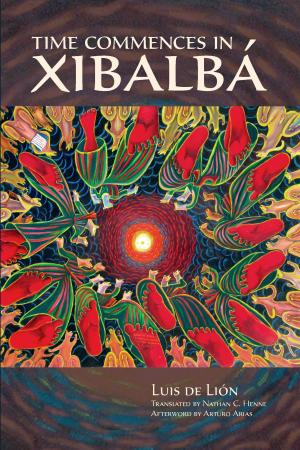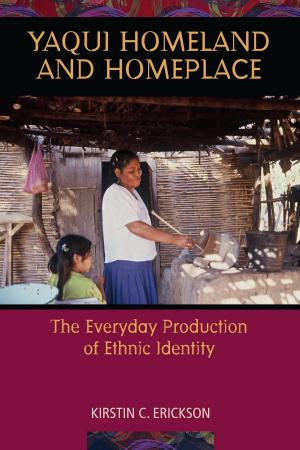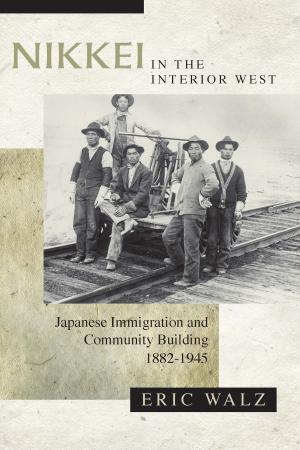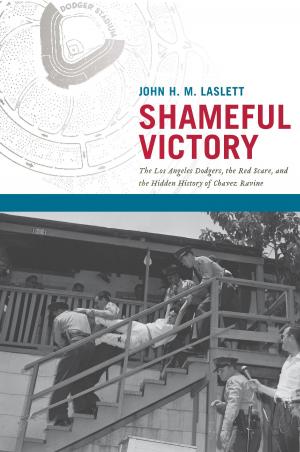Reimagining National Belonging
Post-Civil War El Salvador in a Global Context
Nonfiction, History, Americas, Central America, Social & Cultural Studies, Social Science, Anthropology| Author: | Robin Maria DeLugan | ISBN: | 9780816599455 |
| Publisher: | University of Arizona Press | Publication: | December 1, 2012 |
| Imprint: | University of Arizona Press | Language: | English |
| Author: | Robin Maria DeLugan |
| ISBN: | 9780816599455 |
| Publisher: | University of Arizona Press |
| Publication: | December 1, 2012 |
| Imprint: | University of Arizona Press |
| Language: | English |
Reimagining National Belonging is the first sustained critical examination of post–civil war El Salvador. It describes how one nation, after an extended and divisive conflict, took up the challenge of generating social unity and shared meanings around ideas of the nation. In tracing state-led efforts to promote the concepts of national culture, history, and identity, Robin DeLugan highlights the sites and practices—as well as the complexities—of nation-building in the twenty-first century.
Examining events that unfolded between 1992 and 2011, DeLugan both illustrates the idiosyncrasies of state and society in El Salvador and opens a larger portal into conditions of constructing a state in the present day around the globe—particularly the process of democratization in an age of neoliberalism. She demonstrates how academics, culture experts, popular media, and the United Nations and other international agencies have all helped shape ideas about national belonging in El Salvador. She also reveals the efforts that have been made to include populations that might have been overlooked, including indigenous people and faraway citizens not living inside the country’s borders. And she describes how history and memory projects have begun to recall the nation’s violent past with the goal of creating a more just and equitable nation.
This illuminating case study fills a gap in the scholarship about culture and society in contemporary El Salvador, while offering an “ethnography of the state” that situates El Salvador in a global context.
Reimagining National Belonging is the first sustained critical examination of post–civil war El Salvador. It describes how one nation, after an extended and divisive conflict, took up the challenge of generating social unity and shared meanings around ideas of the nation. In tracing state-led efforts to promote the concepts of national culture, history, and identity, Robin DeLugan highlights the sites and practices—as well as the complexities—of nation-building in the twenty-first century.
Examining events that unfolded between 1992 and 2011, DeLugan both illustrates the idiosyncrasies of state and society in El Salvador and opens a larger portal into conditions of constructing a state in the present day around the globe—particularly the process of democratization in an age of neoliberalism. She demonstrates how academics, culture experts, popular media, and the United Nations and other international agencies have all helped shape ideas about national belonging in El Salvador. She also reveals the efforts that have been made to include populations that might have been overlooked, including indigenous people and faraway citizens not living inside the country’s borders. And she describes how history and memory projects have begun to recall the nation’s violent past with the goal of creating a more just and equitable nation.
This illuminating case study fills a gap in the scholarship about culture and society in contemporary El Salvador, while offering an “ethnography of the state” that situates El Salvador in a global context.
